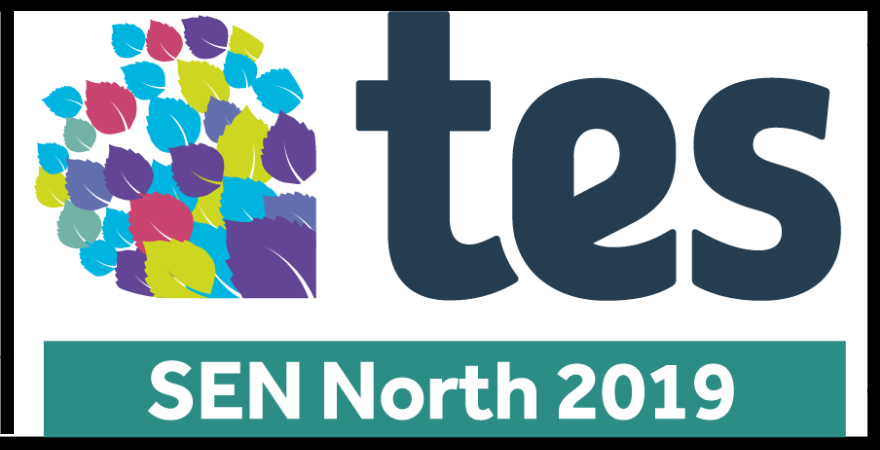
It’s Mental Health Week and more young people than ever are struggling to cope with mental health issues. We took the opportunity to attend “Promoting Positive Wellbeing in SEN Students” a workshop led by Education Consultant, trainer and author Samantha Garner, at the TES SEN North Show on 10 May.
Samantha began the workshop by highlighting that SEN students are six times more likely to have mental health issues.
We were introduced to the three common factors affecting positive mental wellbeing
- Low self esteem
- Ruminative Negative Thinking
- Social Isolation
Those who are and who have faced difficulties learning will often have feelings of low self esteem. The group was asked if they could answer a question in Swahili. Nobody in the audience was able to reply. We were asked to consider how we would feel if we were unable to understand and perform tasks every day. Learners with SEN are facing such barriers negatively impacting self esteem daily. Such feelings often tie in with ruminative negative thinking. Negative thoughts about we can’t do and what we are can shape how we live our lives.
Students with SEN will also most probably have been labelled as ‘different’ most of their lives, impacting confidence and leading to feelings of social isolation.
How can educators work to remedy the 3 factors?
Samantha pointed out that it is easy to fall into a habit of using a deficit model with students, focusing on their weaknesses rather than strengths. Identifying what students CAN do will provide opportunities for them to shine, boosting self esteem and helping to reduce ruminative negative thinking. Listening and working to understand students is key. Minor adjustments to the kind of language used and the type of approach to activities can make a difference. She suggests that practical adjustments such as the removal of visual displays around a whiteboard, in turn reducing visual noise, can help students to focus. Clever use of assistive technology can help students become independent learners. Samantha gave the example of a scanning pen that can read text aloud. It is particularly important to help students develop the skills necessary to socialise and make friends which will minimise feelings of social isolation.
The workshop ended with emphasis on the importance of early intervention. Taking small steps to address self esteem issues, negative thinking styles and social isolation as early as possible will improve the outcomes for all students, not only those with SEN.
Thank you to Samantha Garner for her informative workshop. Click here to view Samantha's website
